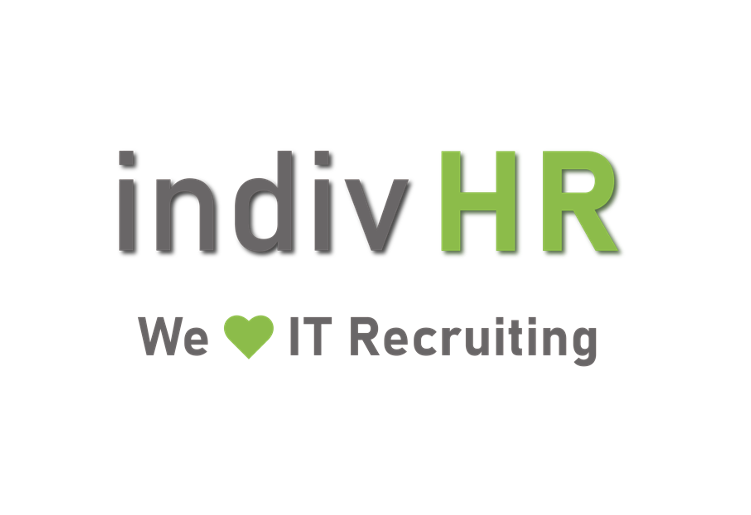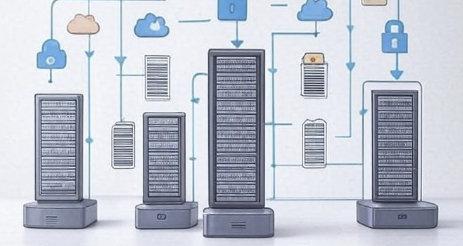In today's digital world, companies are faced with the decision of whether to favour digital or face-to-face interviews. Both interview methods offer advantages and challenges that need to be considered at different stages of the recruitment process. In this article, you will find out which interview method is best suited to your needs, how to reach candidates in the best possible way and what should be considered when conducting the interview.
Advantages and disadvantages of digital interviews
Digital interviews, also known as video interviews, offer flexibility and efficiency, especially in the IT industry, where candidates often work remotely. They save time and costs, as there is no need to travel, and enable quick planning even across time zones.
However, one disadvantage of digital interviews is that non-verbal signals are more difficult to perceive. Technical problems can also be an obstacle and make smooth communication more difficult. It is advisable to test the technology in advance to avoid potential complications.
Advantages and disadvantages of personal interviews
Personal interviews provide a direct, authentic impression of the candidate. Especially in management positions and consulting-intensive IT roles, personal contact is crucial for testing interpersonal chemistry. In addition, more subtle indications of soft skills such as the ability to work in a team and adaptability are often recognisable in a personal setting.
On the other hand, face-to-face interviews are more time-consuming and costly. They require careful planning and incur travel costs, especially when candidates are travelling from out of town. In times of remote work, however, they are sometimes difficult to conduct.
When which interview form makes sense
The choice of interview form depends heavily on the position to be filled. For initial interviews and Entry-level positions digital interviews are ideal as they can be conducted quickly and efficiently. However, for positions that require a high level of interpersonal skills and teamwork, a face-to-face interview is often more effective.
Ilka Zeiner, Managing Director of indivHR, explains: "It is important to remain flexible and to adapt the interview format to the respective needs of the position. In this way, we ensure that the candidate can be optimally assessed."
Tips for conducting digital interviews
A successful digital interview requires good preparation. Make sure you create a calm, professional environment and test your technique before the interview. Use clear and precise questions to ensure a structured conversation. A video interview should also last no longer than 60 minutes to allow for the candidate's attention span.
It is also important to build a personal relationship in the digital environment. Greet the candidate in a friendly manner and create a relaxed atmosphere to get the best out of them.
Are you unsure which interview format is right for your IT positions? Arrange a free initial consultation with indivHR now to find out how we can support you in your search for the best IT talent!





